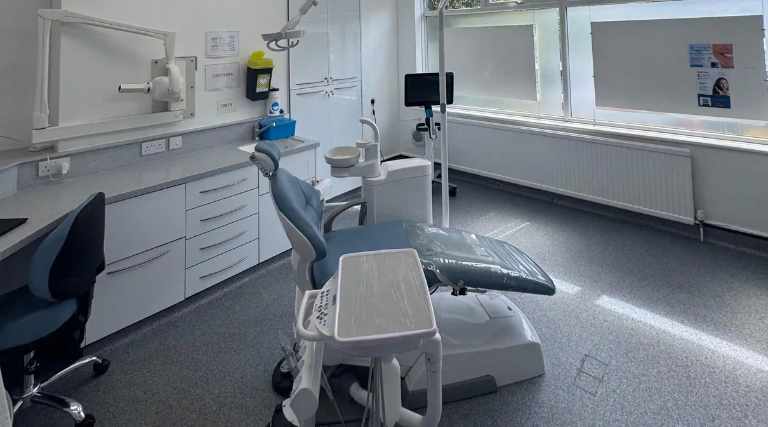Occlusion And Inflammation: Understanding The Hidden Connections
A misaligned bite — known as occlusal disease — doesn’t just affect your teeth or jaw. It can quietly contribute to chronic inflammation throughout the body, influencing everything from gum health to cardiovascular risk.
As a dentist with a focus on TMJ and occlusal therapy, I’ve seen time and again how correcting the bite can improve not only oral function but also systemic wellbeing. Here’s how occlusion plays a role in the body’s inflammatory load:
- Chronic Periodontal Microtrauma & Bacterial Spread
Excessive occlusal forces (bruxism, premature contacts, TMD) cause microtrauma to the periodontium, leading to:
- Increased inflammation in the gums (gingivitis & periodontitis)
- Disruption of the epithelial barrier, allowing bacteria (P. gingivalis, F. nucleatum) to enter the bloodstream
- Increased release of inflammatory cytokines (IL-6, TNF-α, CRP) that contribute to systemic inflammation
This can worsen conditions like cardiovascular disease, diabetes, and autoimmune disorders.
- TMJ Dysfunction (TMD) & Neurogenic Inflammation
Poor occlusion (e.g., posterior interferences, lateral torque on condyles) stresses the TMJ and trigeminal nerve, leading to:
- Chronic low-grade neurogenic inflammation (via substance P & CGRP release)
- Worsening of headaches, fibromyalgia, and chronic pain syndromes
- Elevated cortisol & systemic inflammatory load
Many patients with TMD also have chronic fatigue, brain fog, and widespread pain, indicating a link between occlusion, the nervous system, and inflammation.
- Airway Dysfunction & Hypoxia-Induced Inflammation
Malocclusion (especially Class II, deep bites, and narrow arches) can lead to:
- Compromised airway space → sleep-disordered breathing (UARS, mild OSA)
- Intermittent hypoxia, triggering systemic oxidative stress and inflammation
- Increased risk of metabolic syndrome & cardiovascular disease
Occlusal correction (DTR, splint therapy, or ortho treatment like Invisalign) can help restore proper function and reduce airway-related inflammatory stress.
- Bite Force Imbalance & Systemic Muscle Hyperactivity
Hyperactive masticatory muscles (from occlusal instability) can trigger:
- Widespread myofascial inflammation
- Increased central sensitization (linked to chronic pain syndromes & fibromyalgia)
- Autonomic nervous system dysregulation, worsening stress-related inflammatory conditions
DTR (Disclusion Time Reduction) therapy can help balance bite forces, reduce EMG activity, and lower systemic inflammatory load.
Clinical Implications: Why Occlusion Matters In Whole-Body Health
- Patients with unexplained chronic inflammation, autoimmune disease, or cardiovascular risk should be assessed for occlusal disease.
- T-Scan-guided DTR treatment can reduce bite force imbalances, lowering local and systemic inflammation.
Occlusal corrections (splints, coronoplasty, orthodontics) may help improve TMJ health, muscle function, and inflammatory markers





